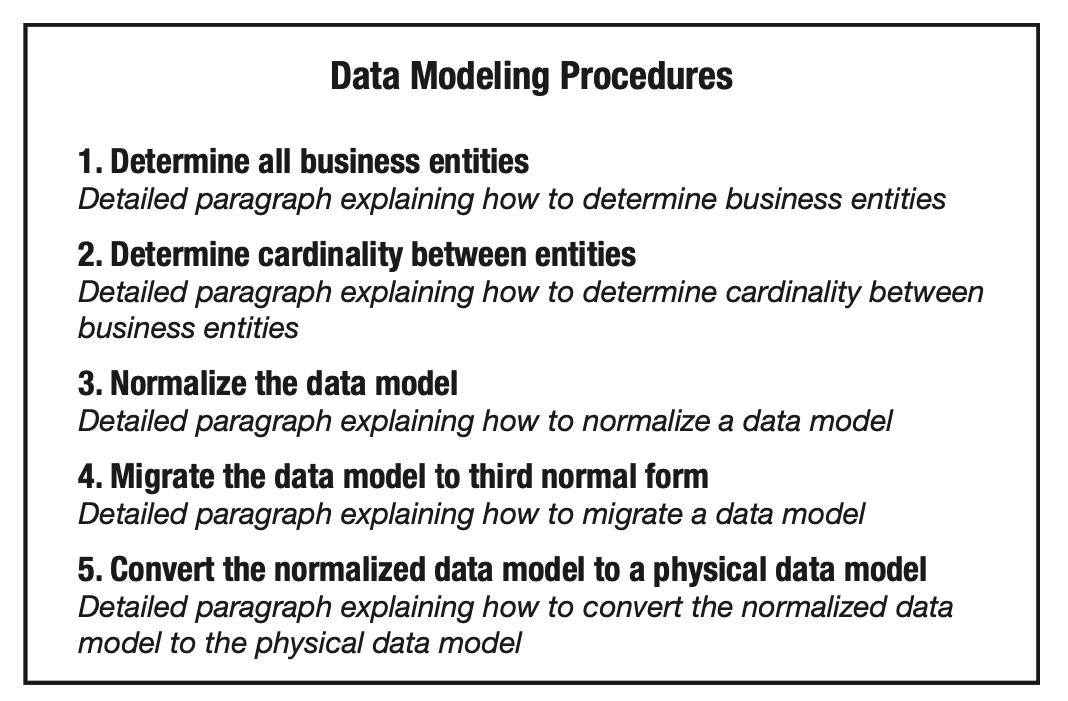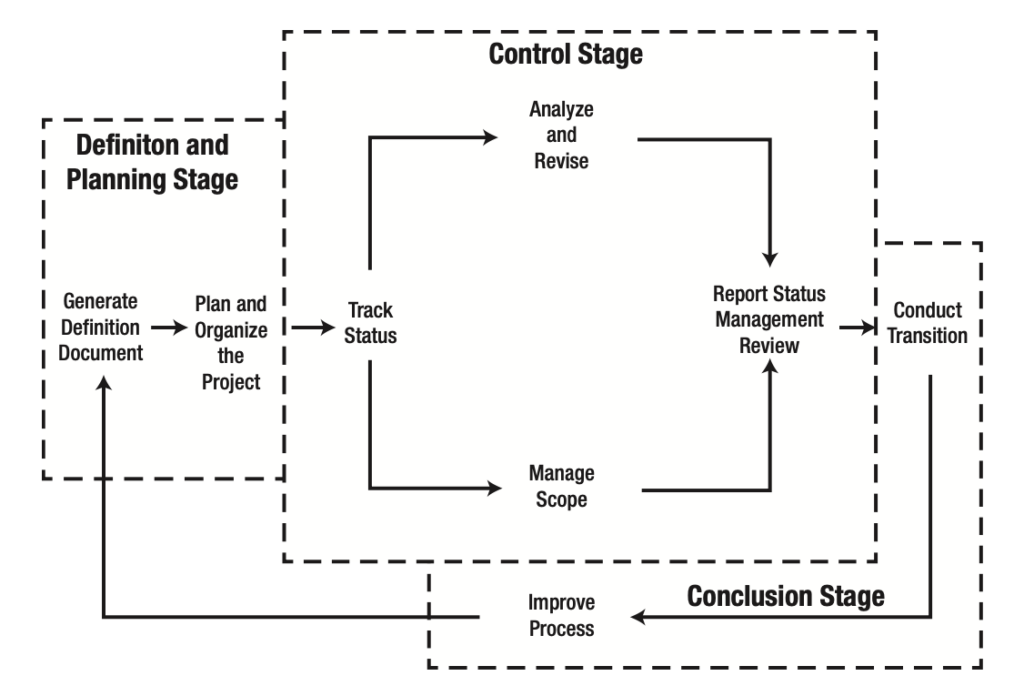Methodology and process are critical to delivering consistent, quality project results. This post details how to get both in place for your project operations.
The Importance of Methodology to Project Management
A methodology is an integrated, cohesive, and well-documented set of repeatable processes that provide for quality deliverables through the consistent execution of practices that have been proven to work.
Methodologies are usually developed in organizations that are tired of “reinventing the wheel,” opting instead to document successful processes and share them across
the organization. Methodologies include document templates (such as sample design reports), procedures (such as detailed approaches for producing a data model), forms (such as requests for system enhancements), and work plans (such as Microsoft Project work plan templates).
An effective methodology
- Defines repeatable processes
- Instills quality into service-based processes
- Removes creativity from processes that should not be creative
- Provides a floor—not a ceiling
- Organizes the project tasks for the work plan
- Forms the foundation for continuous improvement
Methodology is the project manager’s primary means of ensuring quality in a project. It supplies the project manager and the entire project team with a “cookbook” for performing the tasks in the project plan.
Project management is consistent from project to project, but methodologies tend to vary. The project manager needs to determine if the organization already has a methodology for the specific type of project they will manage.
Many methodologies contain detailed procedures to provide a consistent means of performing a process. A procedure for data modeling might look something like this.

The Project Management Process
There are three major stages in the project management process, each stage including several individual processes.

• Definition and Planning
-
- Definition – Documents the overall project objectives, scope, approach, schedule, budget, resources, deliverables, and completion criteria
- Planning and Organization – Provides the detailed roadmap that will be used to guide the project team when constructing the final deliverables
- Control
-
- Tracking – Collects information from the team to assist the
project manager in assessing actual progress - Analysis – Highlights any deviations from the original plan against current progress
- Revision – Makes any necessary plan modifications to steer the project back on course
- Scope Management – Provides an orderly means of modifying the original project definition
- Status Reporting and Management Reviews – Ensures that all relevant project stakeholders are kept apprised of all key project information
- Tracking – Collects information from the team to assist the
- Conclusion
-
- Providing Feedback/Continuous Improvement – Instills quality in the process of project management
Though we’ve focused on the technical aspects of project management up to this point, the last few processes emphasize another aspect crucial to being successful: the people.
Since the project manager is responsible for client satisfaction, clearly stating expectations and constantly managing those expectations is an important skill in avoiding disappointment and dissatisfaction, from both project team members and customers.
Effective project managers are often blessed with a broad range of competencies from intellectual to interpersonal to technical and judgmental. It is this unique package of skills that provides the effective project manager with an integrated, situational approach to successful management that cannot be readily documented and shared in a text on the topic.
Project Processes
Projects involve processes which are performed by people and generally fall into one of two major categories:
- Project management processes are concerned with describing
and organizing the work of the project. The project management processes that are applicable to most projects, most of the time, are described in detail in the PMBOK Guide. - Product-oriented processes are concerned with specifying and creating the project product. Product-oriented processes are typically defined by the project lifecycle and vary by application area.
Project management processes and product-oriented processes overlap and interact throughout the project. The scope of the project cannot be defined in the absence of some basic understanding of how to create the product.
Now that you understand effective methodologies and the project management process, the question is how to effectively implement these within your organization. WiserWulff is here to support your business goals, so reach out to us today to set up an appointment to discuss a strategy for your individual business needs.


